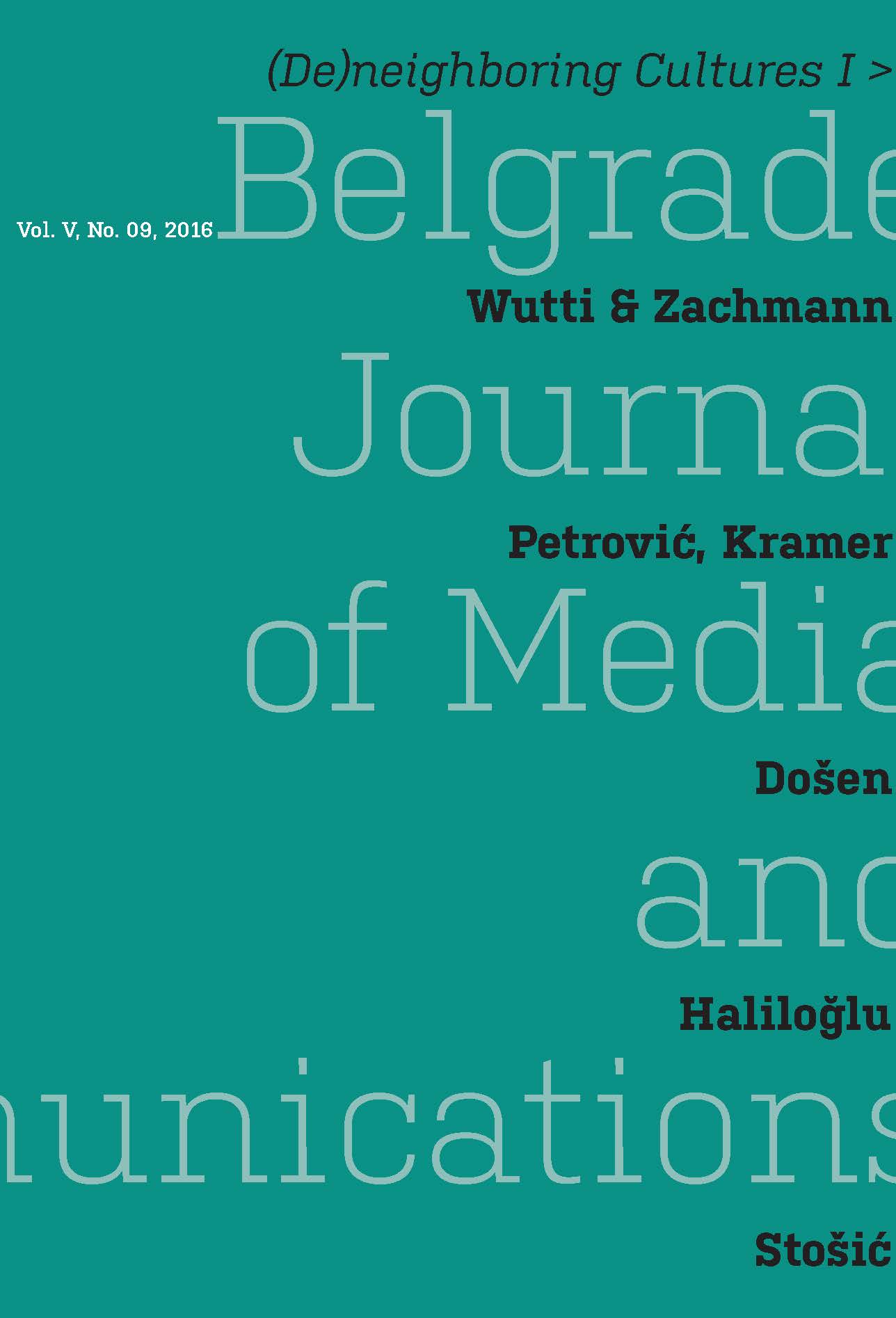Shifting of Narratives in a Transforming Society: The Example of Partisans in the Communicative Memory of a Region
Shifting of Narratives in a Transforming Society: The Example of Partisans in the Communicative Memory of a Region
Author(s): Daniel Wutti, Lena ZachmannSubject(s): Political Philosophy, Politics and society, Geopolitics
Published by: Fakultet za medije i komunikacije - Univerzitet Singidunum
Keywords: resistance; partisans; memory communities; political participation; transgenerational traumatisation; youth
Summary/Abstract: Although traumata are often still unprocessed by contemporary witnesses of National Socialism, the perceived role of resistance and partisans against Nazism in Austria’s southern region Kärnten/Koroška/Carinthia is slowly shifting from highly polarised and negative viewpoints to more accepted ones. There is a new generation of youth in the region, taking over gridlocked narratives with decreased frequency, and evoking inclusive discourses instead. During the Second World War and also in the decades after it, the borders between ethnic groups in Carinthia were strongly shaped, with the effect that even today, young people with Slovenian roots often remember it in the emotional and personal terms by cause of being faced with a family memory (as victims) of National Socialism throughout their lives. Most of the other young (German-speaking) Carinthians usually come into contact with the remembrance of victims and partisans in Austria at a later age and have a greater distance towards WWII. However, Carinthia’s ethnic borders as well as old concepts of majorities/minorities are fading and there is a recognizable tendency for young people to relate WWII and NS with contemporary topics such as refugees and asylum seekers and contemporary anti-fascism – addressing the new inequalities.
Journal: Belgrade Journal of Media and Communications
- Issue Year: 5/2016
- Issue No: 09
- Page Range: 11-21
- Page Count: 11
- Language: English

